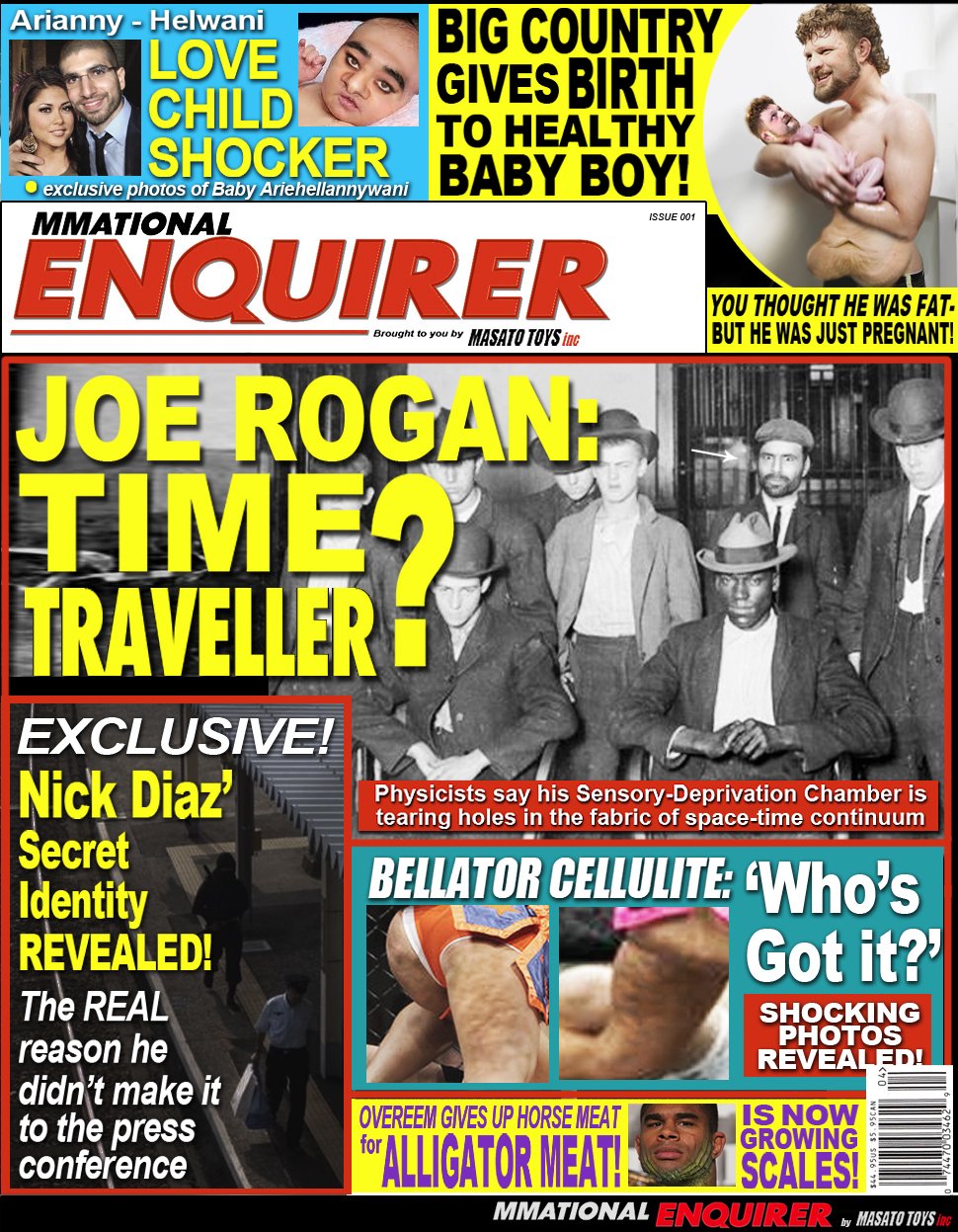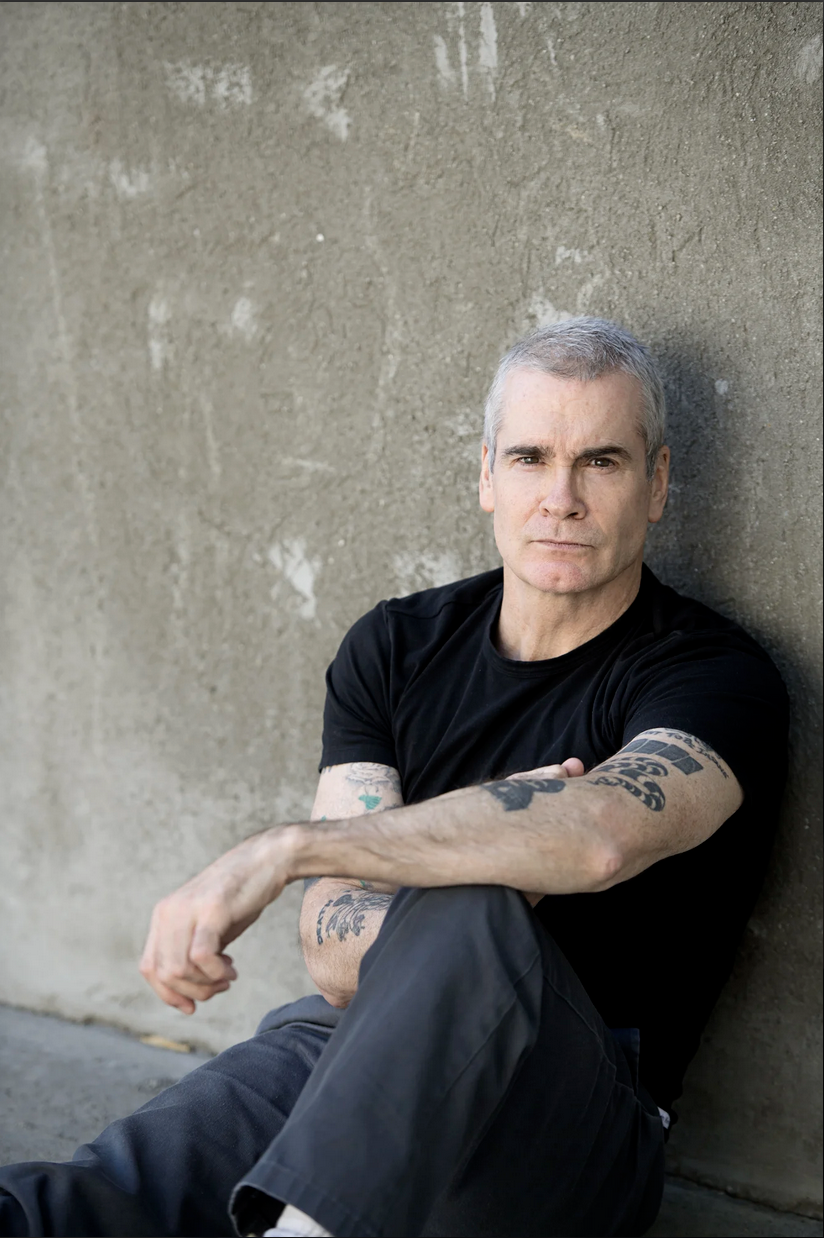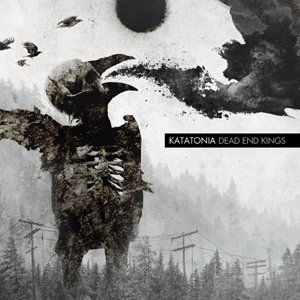 When the ethical standards of the media slip we expose ourselves to ruin. So we're told. In Melbourne on February 12, inventor of the World Wide Web (W3) Sir Tim Berners-Lee alarmed us to the fact a tweet can travel faster than an earthquake. Someone in the epicentre of a seismic shift underfoot can alert others faster than the quake can travel itself. If you have five followers under an eggy avatar with a handle of @ahzzzopll001 and you offer nothing but FREE BEATS BY DRE then your tweets aren’t going to have much impact. But if you have thousands, millions of followers and may broadcast your message through airwaves, optic fibre and print to countless more one's noblesse oblige on integrity increases exponentially. Have we learned anything from Goebbels’ media manipulation in the electronic media’s infancy or have we all become his stepchildren? (Oooh, how deliciously evil)
When the ethical standards of the media slip we expose ourselves to ruin. So we're told. In Melbourne on February 12, inventor of the World Wide Web (W3) Sir Tim Berners-Lee alarmed us to the fact a tweet can travel faster than an earthquake. Someone in the epicentre of a seismic shift underfoot can alert others faster than the quake can travel itself. If you have five followers under an eggy avatar with a handle of @ahzzzopll001 and you offer nothing but FREE BEATS BY DRE then your tweets aren’t going to have much impact. But if you have thousands, millions of followers and may broadcast your message through airwaves, optic fibre and print to countless more one's noblesse oblige on integrity increases exponentially. Have we learned anything from Goebbels’ media manipulation in the electronic media’s infancy or have we all become his stepchildren? (Oooh, how deliciously evil)
Have Lies, Will Travel
Goebbels' once wrote that “[t]he English follow the principle that when one lies, one should lie big, and stick to it. They keep up their lies, even at the risk of looking ridiculous.” The big lie today is that the internet is so vast and interconnected the transmission of big lies would be caught, debunked and refuted before their virus’ deadly payloads had a chance to inflict any real damage. We’re thinking in what McLuhan termed the rear-view mirror with little inclination to look forward. But are reporters really lying?
In 2010, American Apparel marketing director and media strategist Ryan Holiday fell victim to this new craze of divesting oneself of accusations of unethical conduct by reporting in a time-honored yet disingenuous way.
Feminist website Jezebel, a masthead of Gawker Media, posted a claim by staff blogger Irin Carmon that American Apparel’s new nail polish contained hazardous material. Holiday was asked for comment after the post was live. His company’s official refutation was published as an addendum once “dozens of other blogs were already parroting her claims.” Despite Gawker Media's shoulders aching from the ideological barrow they push, their conduct insofar as it pertains to ethics finds itself in a strange loop.
The email contained in the report – that nail polish ought to be removed from shelves and that someone (in management? Operations? It’s unclear) mentioned the product could be considered ‘hazardous material’ in a conference call – is the report. Ms. Carmon could argue that the public was unaware of said email and Ms. Carmon was bringing it to light. On higher level of abstraction, not reporting the leaked email may have caused more harm than running it without attempting to confirm the presence of hazardous material (not the contents of the email, which are self-validating, provided it was not doctored.) Fact checking may have unreasonably delayed disposal of the product, leading users into harm. So which approach was ethical? One, the other, both and neither. It’s like Schrodinger meets William Randolph Hearst.
We can take rightful umbrage if this story was incomplete - that is, if it they were reporting one level up on Hayakawa's abstraction ladder, i.e., that the nail polish indeed contained hazardous material. Jezebel and Gawker Media could have conducted a chemical analysis, consulted with experts, interviewed manufacturers or actually waited for a response from American Apparel before running the piece. But none of this was ethically necessary insofar the scope of the report is concerned. In terms of reporting this story – the wider publication of a "damning" email and what may have been said in a conference call – their obligations to ethics were mind-bogglingly internally consistent. However, the entire head-scratching episode superficially resembles a variant of investigative reporting instead of “blogging” (which I will expound upon later.) The former relies on external sources to confirm or refute claims. This so-old-it's-new style is akin to what I term publicity driven journalism, as opposed to 'traditional' news journalism.
The ethical functions in publicity driven journalism
Any form of journalism that does not rely on the independent verification of more than one source to make a substantive claim could be reliably dubbed as publicity driven journalism. Publicity driven journalism is usually publisher-backed, industry recognised and profit-driven. As broad categories, these include but are not limited to entertainment, sports, technology, lifestyle, Gonzo, opinion and criticism. Opinion and criticism do not ethically require sources to make claims. Entertainment journalism such as music journalism may blur the distinction between opinion and fact; however pieces such as interviews only require one reliable source (i.e., the interview subject) to which their own conjecture is reported as the fact. (“It’s the most accessible yet heavy record we’ve ever done”, “We’re going to take it one day at a time, but we’ll definitely trounce our rivals.”)
Its ethical obligation is to not misquote or misrepresent the conjecture–bearer as a matter of public record. This is constrained by the tripartite model as described before – publishers will not come into disrepute by disseminating copy riddled with falsity, the industry will delegitimise any publication that does so and profit margins will decline as advertisers and the subjects of the copy (artists, products, etc.) withdraw their business. We now live in an age where conjecture-as-fact, not event-true-to-fact is the standard for what's reasonably assumed as ‘credible’ journalism online. (See what I did there?)
Gone Bloggin’
Blogs, short for weblog are part of an amateur journalist or diarist tradition. Even the first blogs or “webdiaries” had no ethical constraints placed on them; conjecture-as-fact informs its process and output. For example, the Drudge Report could reasonably print a headline “Is Obama a Maniac?” in which one of his opponents described him as “a maniac.” Moreover, tabloid magazines print stories which might appear “patently untrue” such as “Is Prince Harry of Wales a Nazi?” – The story itself might be a “source” overhearing a conversation in which Prince Harry of Wales is alleged to have uttered Nazi sentiments. “Is Kate Middleton an alien from outer space?” and etc. The fact itself is derived from the initial conjecture. (Even though the headline sure as shit isn’t.)
When mastheads such as The Times or Daily Mail manoeuvre themselves to drive up pageviews, drawing on their reputation as event-true-to-fact tellers using this new online conjecture-as-fact model, the entire ethical framework for truth in reporting be it amateur or professional ought to be called into question. But if we’re bombarded by tweets and blogs generating 2.5 quintiillion bytes of new information each day, who has the time to say “Hang on a minute?” It's precisely what we must ask ourselves now when we read almost anything online. The unadorned truth does not go viral, not any more.
Facts aren’t being discounted; they’re just being reframed, and most of real reporting isn’t actually reporting in the traditional sense. Is it ethical? Technically yes. Does it make us prone to manipulation, as if we were sired by propaganda and popular enlightenment? If we look backwards to look forwards, we may as well be.
Updated: Go Australia! Here's an example from national broadsheet The Australian, half consumer panic and half free publicity regarding one (one!) software developer's claim Google Play might be passing on user details to vendors after app purchases



